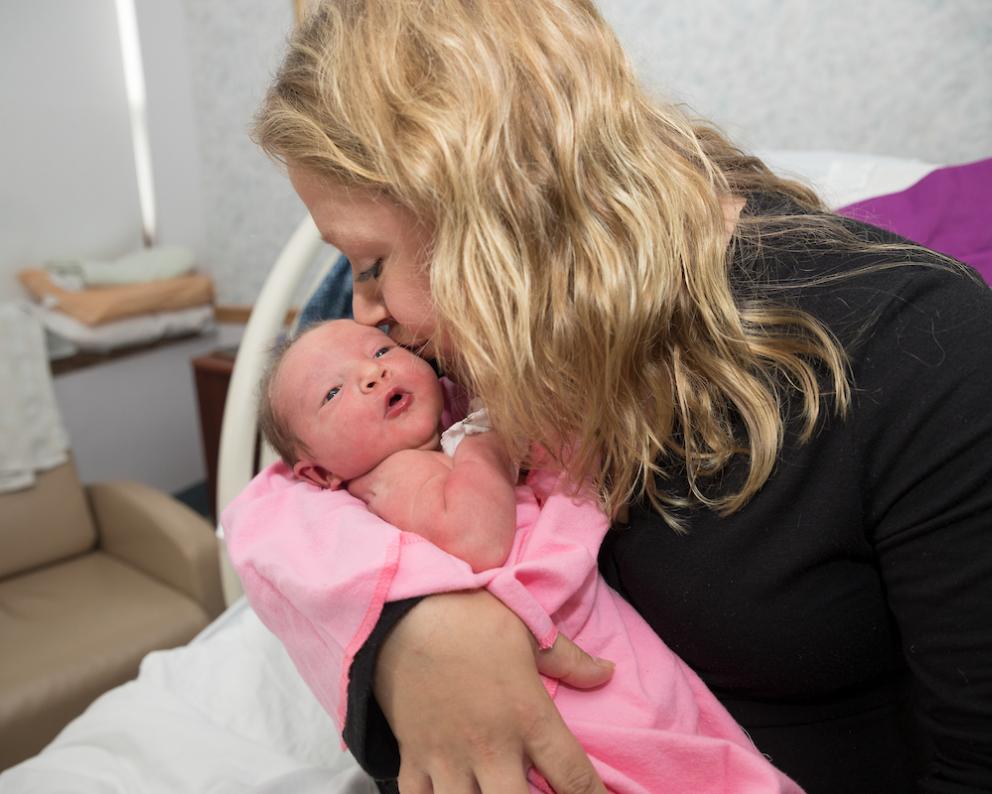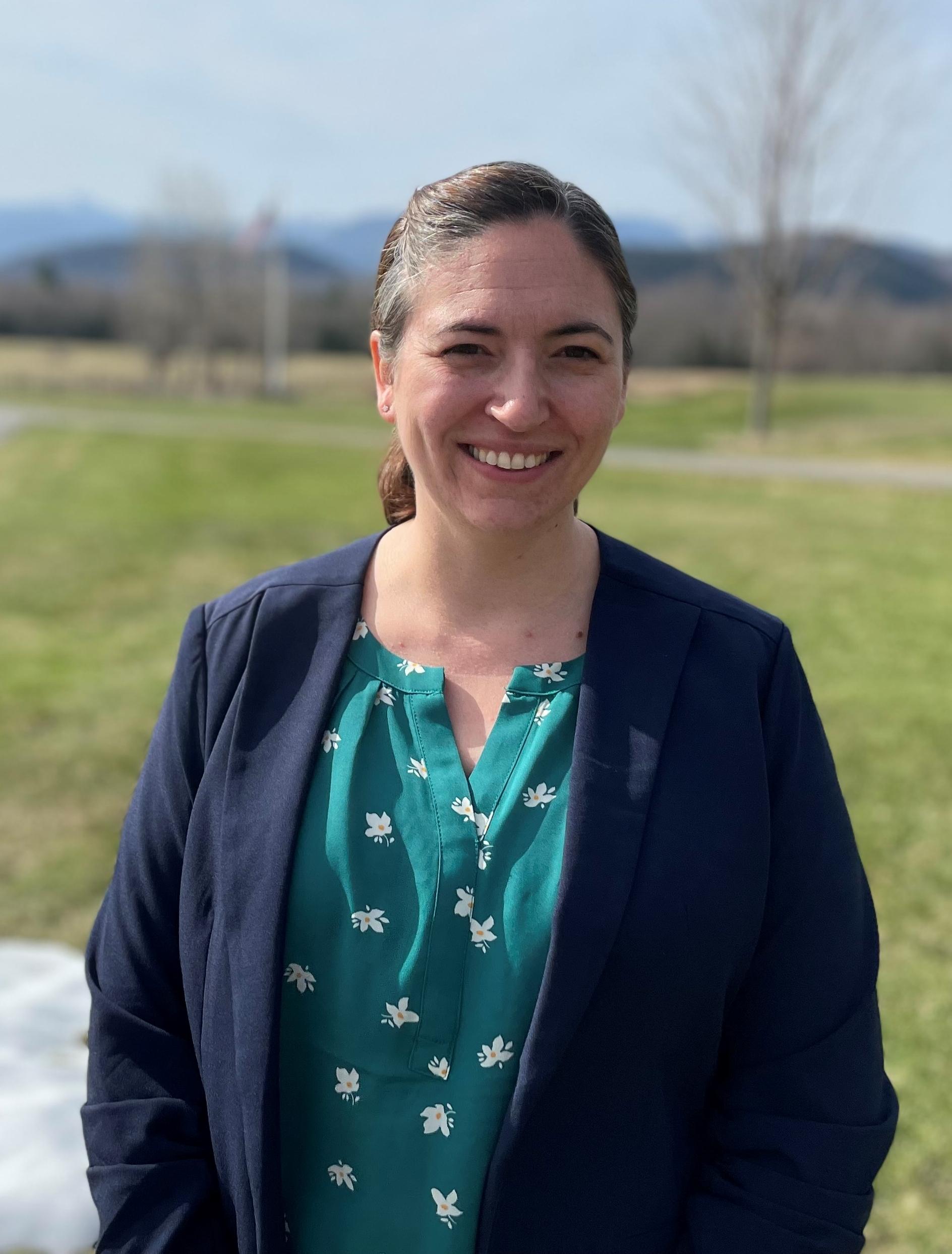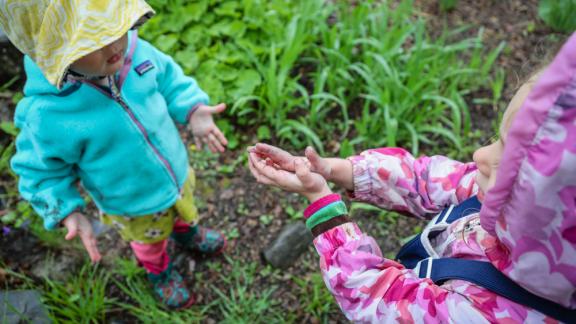Giving Adirondack Kids the Best Possible Start in Life
Research shows that improving care, nutrition, and education during a child’s first 1,000 days has a profound impact on his or her life outcomes. Seventy-five percent of the brain’s neural connections – pathways responsible for the cognitive, social, and emotional development of the individual – are in place by the age of three. This means that, by far, the most effective and efficient investment in education is in the first 1,000 days of a child’s life.
Moved by this and other mounting evidence of the importance of a child’s first years, Adirondack Foundation in 2014 brought together committed funding partners to learn more about how an initiative supporting kids in their most formative phase of life could happen in the Adirondacks. In April 2015, we convened 36 service agency representatives, service providers, and other stakeholders, who were unanimous in a strong desire to work together toward a common goal of providing a great start for our children – and the Adirondack Birth to Three (BT3) Alliance was born.



